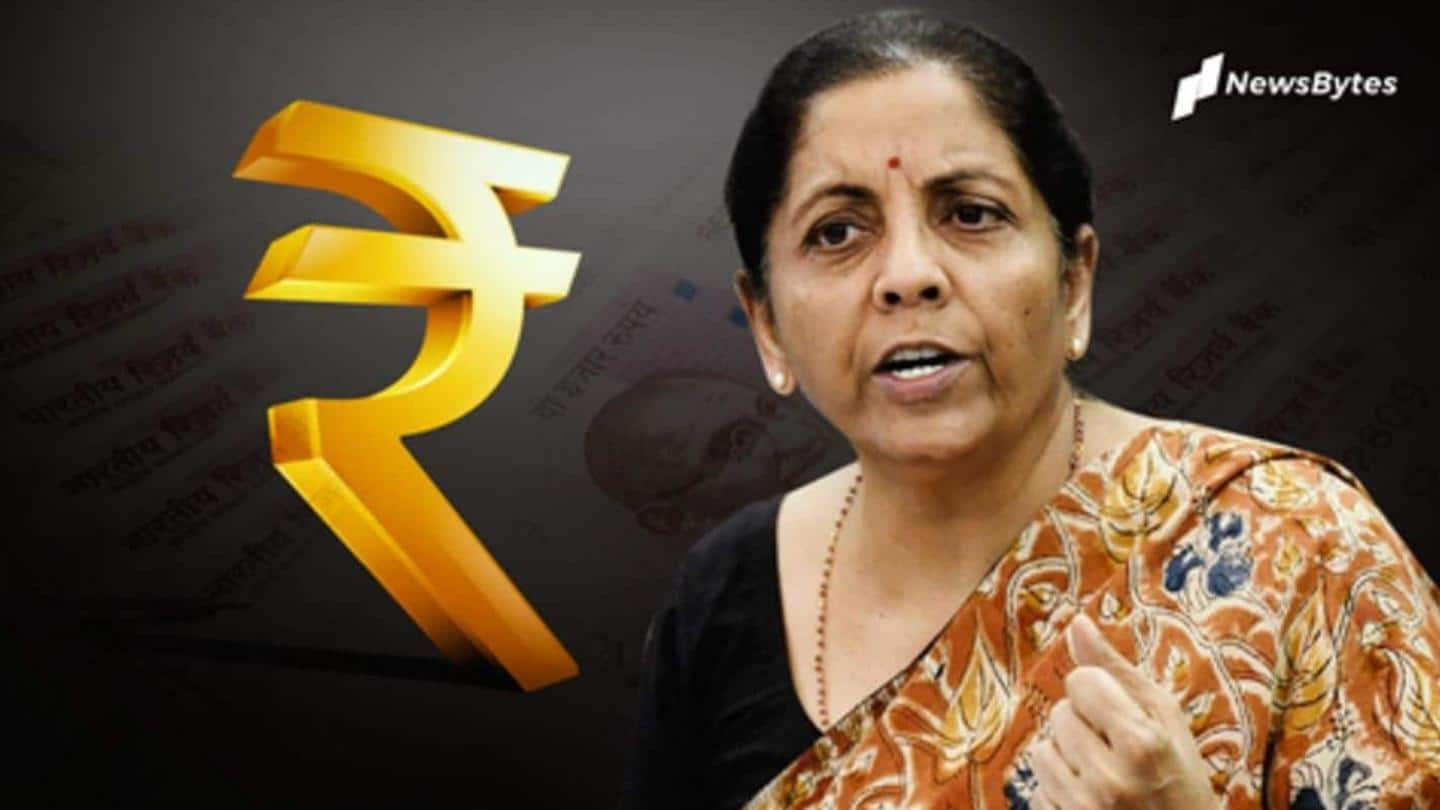
India to hike import duties on smartphones, electronics, etc.: Report
What's the story
India is reportedly considering a hike in import duties by 5-10% on smartphones, electronic components, and appliances among more than 50 items in the upcoming Union Budget.
The move is aimed at furthering Prime Minister Narendra Modi's self-reliant India campaign, sources told Reuters.
The Union Budget for the fiscal year 2021-22 will be presented on February 1.
Here are more details.
Details
Government targeting additional revenue of over Rs. 2 lakh crore
The central government is considering hiking import duties on over 50 items, Reuters reported citing three government sources, who chose to remain anonymous.
One of the sources said the government was seeking to target additional revenue of about Rs. 2 lakh crore-Rs. 2.1 lakh crore ($2.7 billion-$2.8 billion). This would help shore up revenue as the economy has been struggling amid the coronavirus pandemic.
Items
Furniture, electronic vehicles could see hiked duties
According to Reuters, two of the sources said the duty hikes could impact furniture and electric vehicles, which could affect the business of Swedish furniture maker Ikea and American carmaker Tesla.
Officials did not reveal the amount of hike on these items.
Both firms have previously expressed concerns about the existing steep duties. Tesla is planning to launch its cars in India this year.
Information
Duties on fridges, ACs to also be hiked
Other items on the list that are set to attract hiked import duties reportedly include appliances such as refrigerators and air conditioners, three of the sources told the news agency. Finance Ministry officials did not immediately respond to Reuters' queries.
Budget
Parliament's Budget session to begin on January 29
Finance Minister Nirmala Sitharaman will unveil the government's annual Union Budget for FY2021-22 on February 1. The next fiscal begins on April 1.
The first phase of the Parliament's Budget session begins on January 29 with President Ram Nath Kovind's address and end on February 15.
The second phase will run from March 8 to April 8.